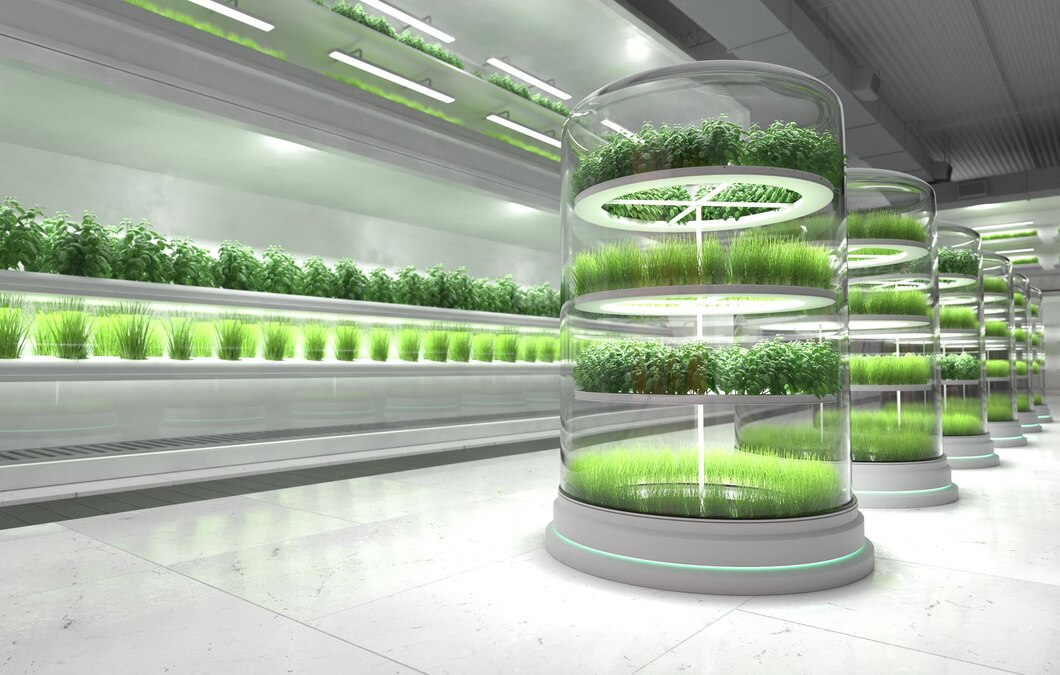As sustainability becomes increasingly paramount in consumer choices, the sugar industry is experiencing a significant transformation. The future of sugar lies in embracing sustainable practices that prioritize environmental conservation, social responsibility, and economic viability. In this blog post, we will explore emerging trends shaping the future of sugar, including technological innovations, consumer shifts, industry projections, and the importance of strategic planning for sustainability.
Emerging Trends
One of the most significant trends shaping the future of sugar is the increasing demand for ethically sourced and sustainably produced sugar products. Consumers are becoming more conscious of the environmental and social impact of their purchasing decisions, driving demand for products that align with their values. As a result, sugar producers are investing in sustainable agriculture practices, ethical sourcing initiatives, and certifications from reputable certifying bodies such as Fairtrade International and Rainforest Alliance. These certifications assure consumers that sugar products have been produced in a manner that respects people and the planet.
Technological Innovations
Technological innovations are playing a crucial role in advancing sustainability in the sugar industry. From precision agriculture and drone technology to biotechnology and data analytics, these innovations are helping sugar producers optimize resource use, reduce waste, and minimize environmental impact. For example, precision agriculture techniques enable farmers to monitor soil health, water usage, and crop performance in real time, allowing for more efficient and sustainable farming practices. Biotechnology solutions, such as genetically modified crops resistant to pests and diseases, can reduce the need for chemical pesticides and fertilizers, further enhancing sustainability.
Consumer Shifts
Consumer preferences are also driving significant shifts in the sugar industry towards sustainability. Millennials and Gen Z consumers, in particular, are demanding more transparency, accountability, and ethical sourcing practices from food companies. As a result, sugar producers and brands are adopting marketing strategies that highlight their sustainability initiatives, certifications, and commitment to social responsibility. Companies that fail to meet consumer expectations risk losing market share and brand loyalty in an increasingly competitive marketplace. To learn more about marketing strategies for ethically sourced sugar, read our blog post on marketing strategies for ethically sourced sugar.
Industry Projections
Industry projections indicate that sustainability will continue to be a driving force in the sugar industry in the coming years. As consumers become more educated and aware of sustainability issues, demand for ethically sourced sugar products is expected to grow. Moreover, regulatory pressures, market dynamics, and investor expectations are also driving companies to prioritize sustainability in their operations and supply chains. Companies that proactively embrace sustainability are likely to gain a competitive edge and access new market opportunities.
Strategic Planning for Sustainability
In light of these trends, strategic planning for sustainability is essential for sugar producers and brands to thrive in the future. This includes investing in sustainable agriculture practices, obtaining certifications from reputable certifying bodies, and adopting transparent and ethical sourcing practices. Furthermore, companies should engage with stakeholders, including consumers, suppliers, and communities, to understand their sustainability priorities and expectations. By aligning business strategies with sustainability goals, sugar producers can build resilience, foster innovation, and create long-term value for stakeholders. To explore how sustainable practices can improve farmer livelihoods, read our blog post on improving farmer livelihoods through sustainable sugar.
Conclusion
In conclusion, the future of sugar lies in sustainability, with emerging trends driving significant shifts in the industry towards ethical sourcing, environmental conservation, and social responsibility. Technological innovations, consumer shifts, and industry projections indicate a growing demand for sustainably produced sugar products. By embracing sustainability and strategic planning, sugar producers and brands can position themselves for success in a rapidly changing marketplace. Investing in sustainable practices not only benefits the environment and society but also creates value for businesses and consumers alike.

